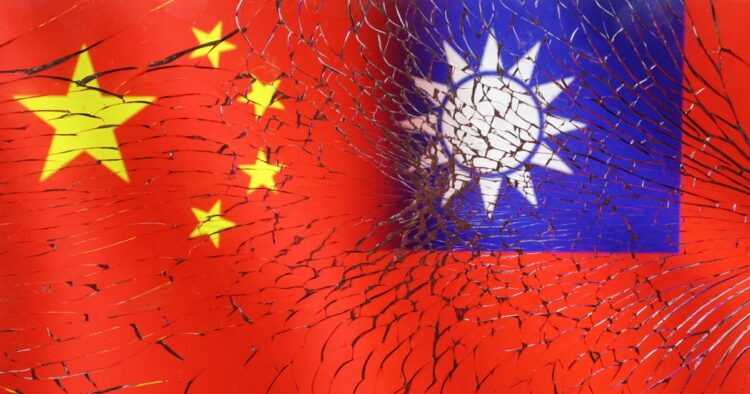In recent developments, the Chinese government is indicating additional cuts to its free trade agreement with Taiwan if the island nation continues on the path of independence. Last week, China announced the termination of preferential tariffs for 12 petrochemical products from Taiwan, a move following the conclusion of the Cross-Strait Economic Cooperation Framework Agreement (ECFA) in 2010.
Amidst Taiwan’s upcoming elections, China has been accused of interfering by engaging in various efforts, such as inviting local politicians and imposing trade sanctions, according to reports from Taiwan News. The Taiwan Affairs Office (TAO) spokesperson, Chen Binhua, warned that further actions might be taken if the Democratic Progressive Party (DPP) in Taiwan persists in pursuing independence.
Chen Binhua linked the current ECFA issues to the DPP government’s refusal to accept the alleged “1992 consensus.” The DPP considers this agreement a relic of the past, no longer valid in today’s geopolitical context. China’s Communist Party regards Taiwan as its territory, even though it has never controlled the island.
Chinese President Xi Jinping emphasized the “inevitability” of Taiwan’s reunification with China during an address marking the 130th anniversary of Mao Zedong’s birth. Xi’s statements align with China’s longstanding claim over Taiwan, a self-ruled island democracy. These remarks come at a critical time as Taiwan approaches a presidential vote, with political stances on China influencing public sentiment.
Taiwan’s current President, Tsai Ing-wen, facing increased pressure from Beijing, is known for strengthening unofficial ties with the United States. The leading candidate for the Democratic Progressive Party, Vice President Lai Ching-te, is currently ahead in polls but is not favored by Chinese officials. The situation remains tense as the geopolitical dynamics between China and Taiwan continue to unfold.

















Comments